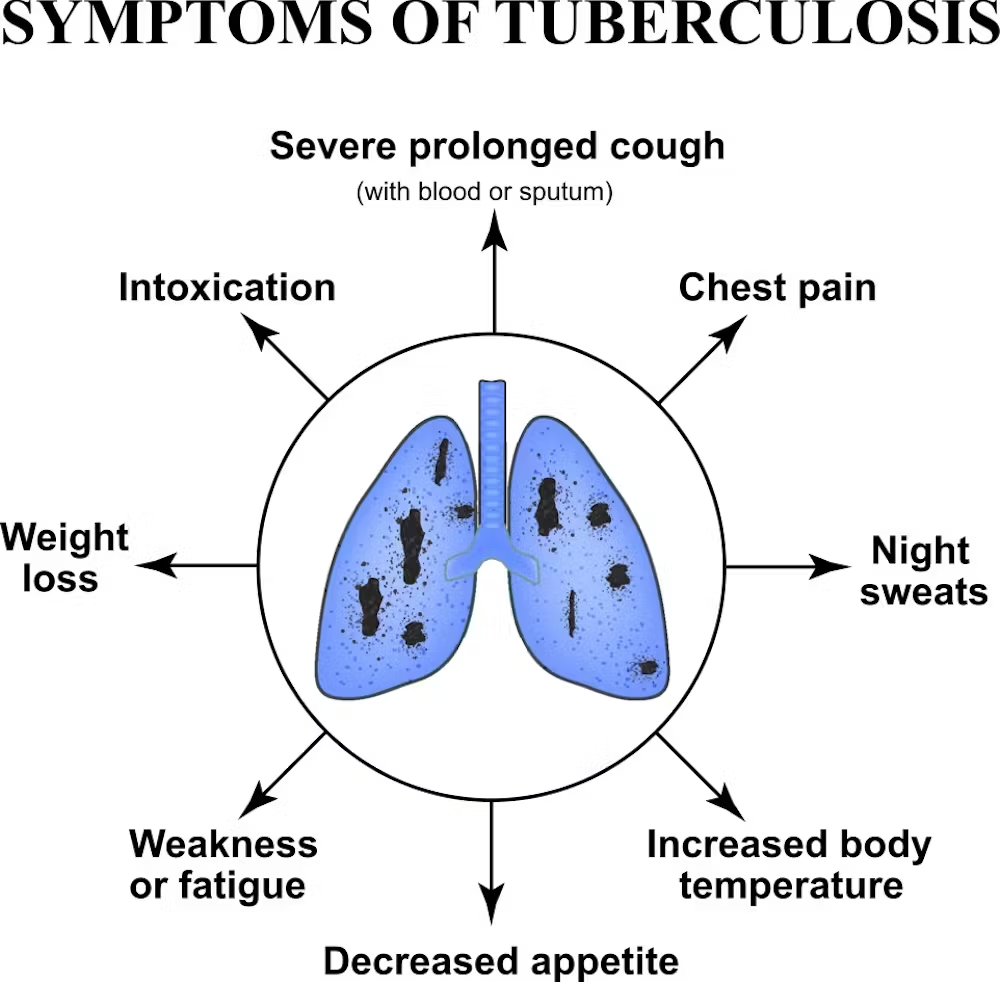More than 50,000 Nigerians have tested positive for tuberculosis (TB) in recent months, according to the Global Fund, an international health organisation supporting Nigeria’s fight against infectious diseases. The announcement came as part of an update on the country’s TB response and ongoing health interventions. While increased screening efforts have helped identify thousands of new TB cases, many of those affected have yet to begin treatment, raising concerns about the risk of further transmission and Nigeria’s ability to control the disease.
The Executive Secretary of the Global Fund Country Coordination Mechanism (CCM) in Nigeria, Mr Ibrahim Tajudeen, disclosed the figures on Monday in Abuja at the 11th quarterly meeting of the Ministerial Oversight Committee for the Basic Health Care Provision Fund. He explained that the 50,000 positive cases were detected through a nationwide TB case-finding campaign supported by both the Nigerian government and international donor partners.
However, Tajudeen warned that a critical funding gap is threatening to reverse the progress made so far. He said that while screening efforts have been successful, limited resources mean that many of those who tested positive cannot be started on treatment right away.
“We have successfully screened more than 50,000 people who are TB-positive, but we are unable to begin treatment for many due to limited resources,” Tajudeen said.
Funding Crisis Threatens TB Response
The backlog of untreated TB cases is the result of constraints in the current Global Fund grant cycle, which has led to a reprioritisation of activities and a shortfall in funding for essential services. Tajudeen explained that the Country Coordinating Mechanism (CCM) must confirm its alignment with the revised funding allocation by July 14. This deadline may determine whether many of those affected will be able to access life-saving treatment in time.
He warned that unless urgent action is taken, Nigeria risks losing ground in the fight against TB. “Screening alone is not enough; without treatment, we risk fuelling the very epidemic we seek to control,” Tajudeen said.

Nigeria’s TB Burden Remains High
Tuberculosis remains one of Nigeria’s leading infectious disease threats. Despite being a preventable and curable disease, Nigeria continues to have one of the highest TB burdens in the world. The Global Fund’s latest update highlights that the country’s TB crisis is far from over, even as advocates urge stronger collaboration and sustained funding to close the care gap.
Leaving diagnosed individuals untreated increases the risk of transmission within families and communities and undermines national health goals. Health experts warn that untreated TB can lead to more severe illness, drug resistance, and even death.
Ongoing Health Interventions
Despite the challenges, the Global Fund and its partners have supported several important health interventions in Nigeria:
- Over 25.5 million TB tests have been conducted using modern diagnostic platforms.
- 370 digital X-ray machines have been procured, with many already delivered to states across the country.
- The upgrade of six regional reference laboratories is currently underway to improve diagnosis and monitoring.
- For malaria prevention, 16.6 million insecticide-treated nets have been distributed nationwide.
- The Nigerian government has received a $95.5 million commitment from donors for ongoing interventions.
These efforts are part of a broader strategy to strengthen Nigeria’s health system, improve disease detection, and expand access to treatment.
Impact of Funding Shortfall
Despite these achievements, Tajudeen noted that the shortfall from earlier budget projections has forced the Global Fund and its partners to shelve several planned activities. These include:
- Drug procurement for TB, HIV, and malaria
- Training for health workers
- Capital investments in health infrastructure
The funding gap has made it difficult to scale up treatment and provide the necessary support to all those diagnosed with TB. Tajudeen called on the Ministerial Oversight Committee and other partners to intervene urgently to prevent the situation from escalating.
The Role of the Global Fund
The Global Fund supports Nigeria by funding programmes to fight HIV, tuberculosis, and malaria. This includes providing medicines, diagnostic tools, and mosquito nets, as well as strengthening health systems through training, digital health tools, laboratory infrastructure, and community health worker support.
Recent efforts by the Global Fund in Nigeria include:
- Deploying digital X-ray machines for better TB detection
- Upgrading laboratories to improve diagnosis and monitoring
- Expanding access to oxygen plants and solar power for health facilities
The Global Fund works closely with the Nigerian government and other partners to improve health outcomes nationwide.

The Need for Urgent Action
Health advocates warn that the current funding crisis could undermine years of progress in the fight against TB. They stress that screening and diagnosis must be matched with prompt and effective treatment to prevent further transmission and save lives.
Tajudeen’s warning is clear: without urgent action to close the funding gap, thousands of Nigerians diagnosed with TB may not receive the care they need. This could lead to a rise in new infections, drug resistance, and preventable deaths.
Conclusion
The news that over 50,000 Nigerians have tested positive for TB is a stark reminder of the country’s ongoing battle with infectious diseases. While progress has been made in screening and diagnosis, a critical funding gap threatens to leave many without treatment.
The Global Fund and its partners are calling for urgent intervention to ensure that all those affected can access life-saving care. Without swift action, Nigeria risks a setback in its fight against TB, putting more lives at risk and undermining national health goals.